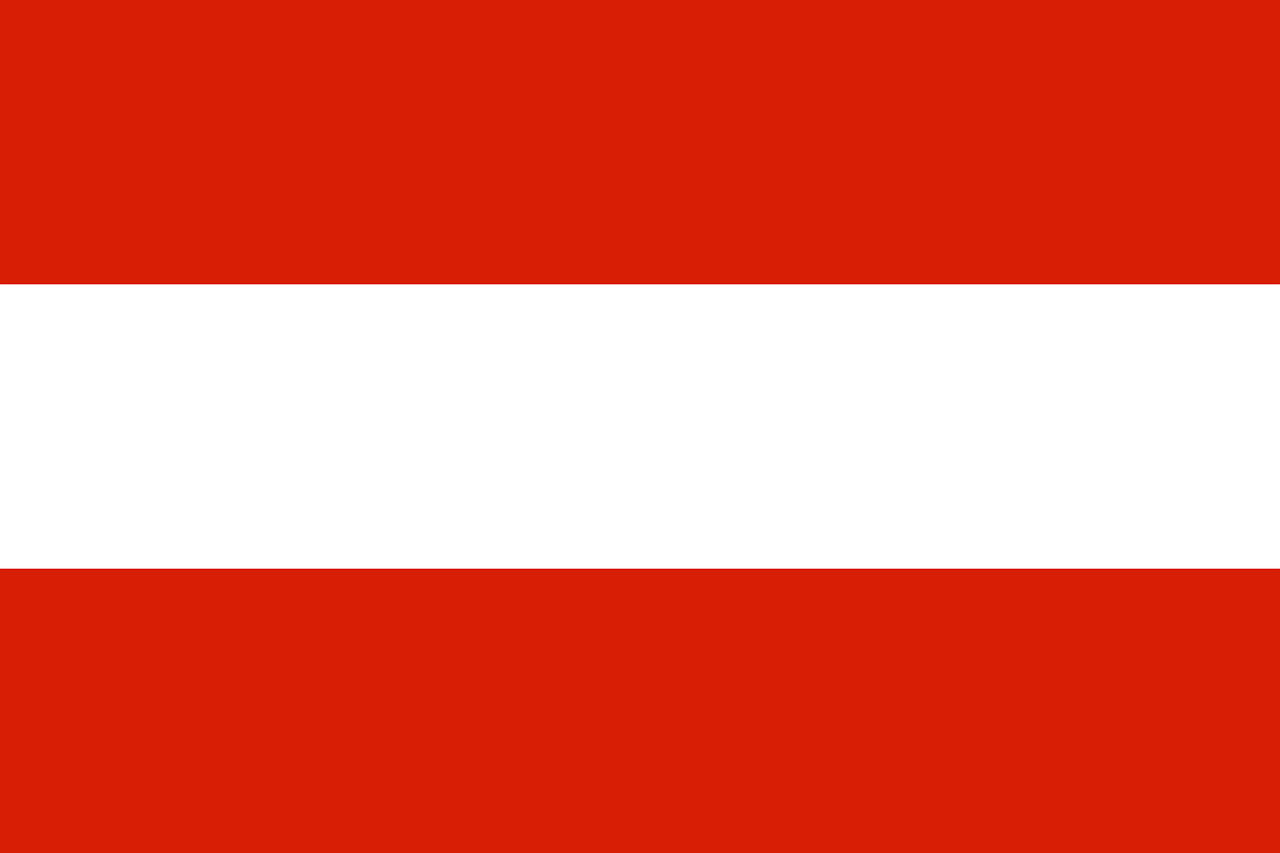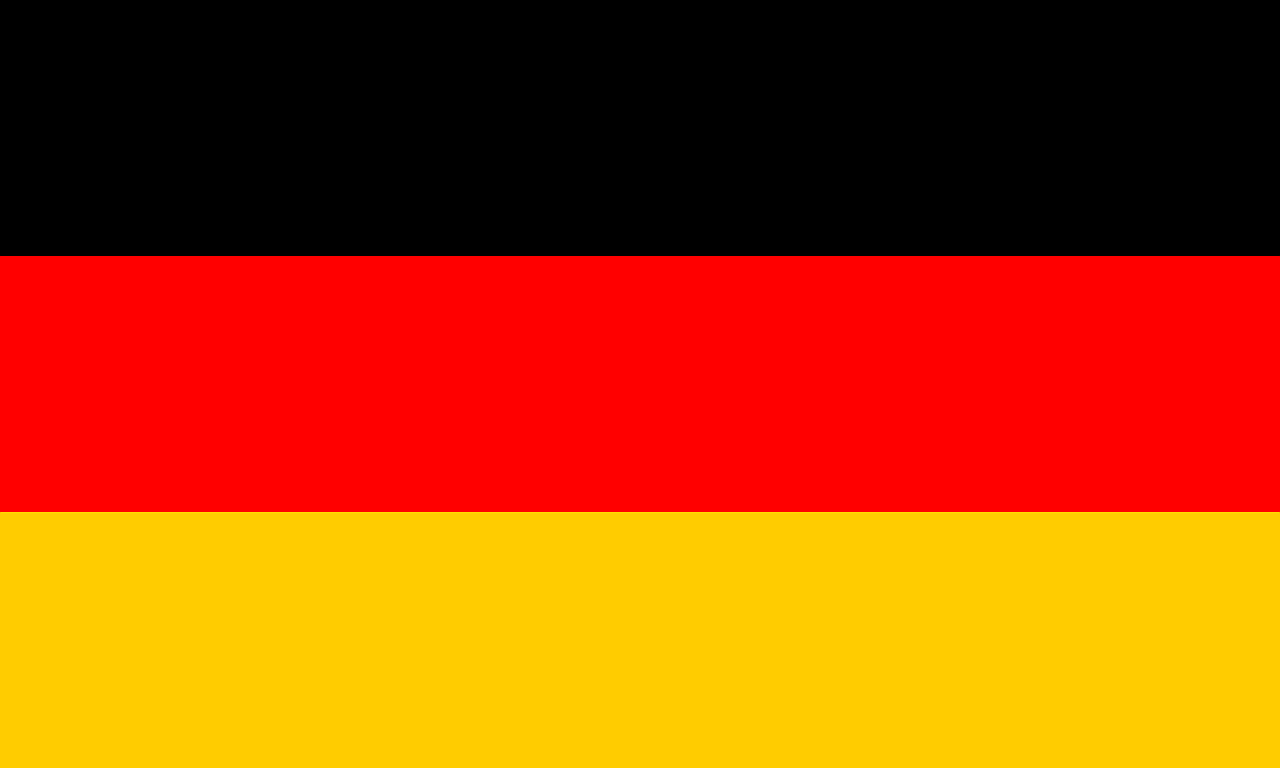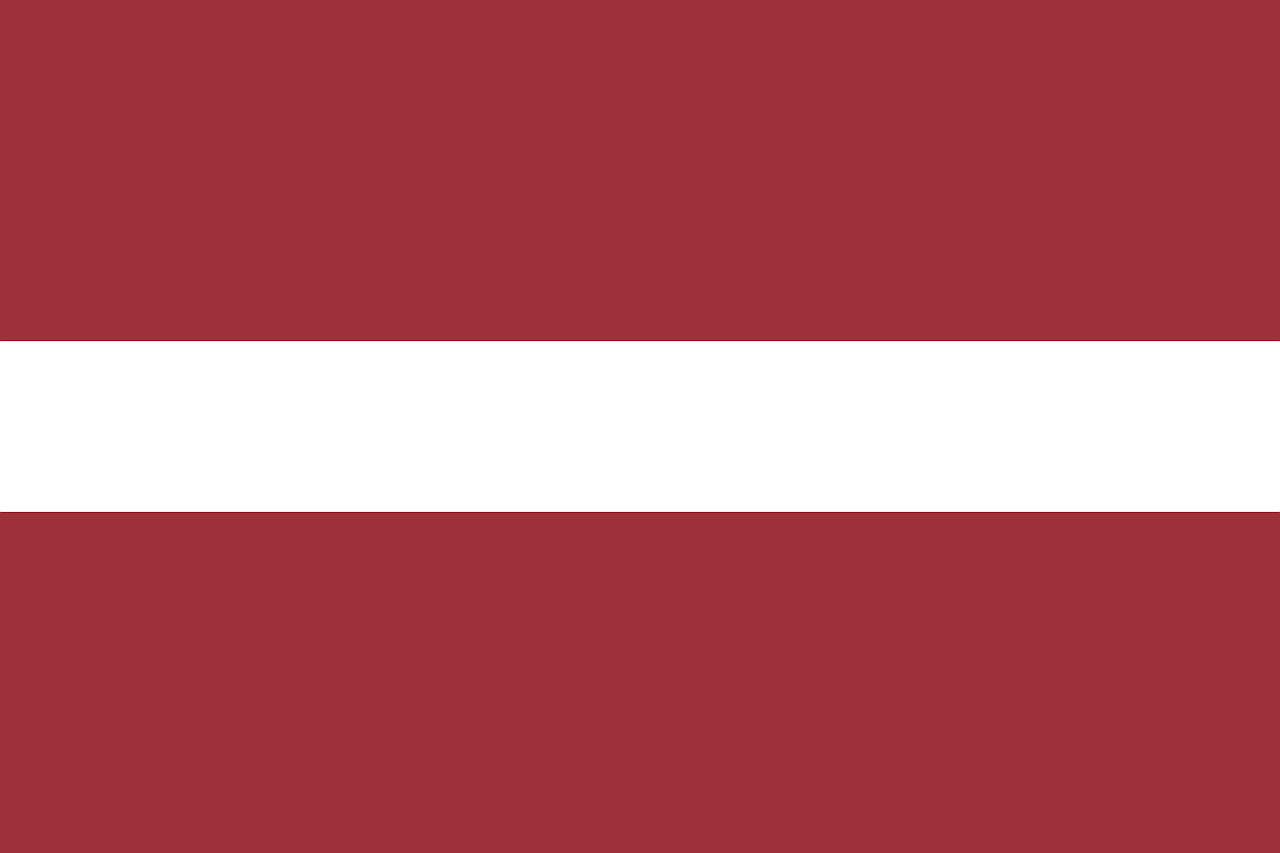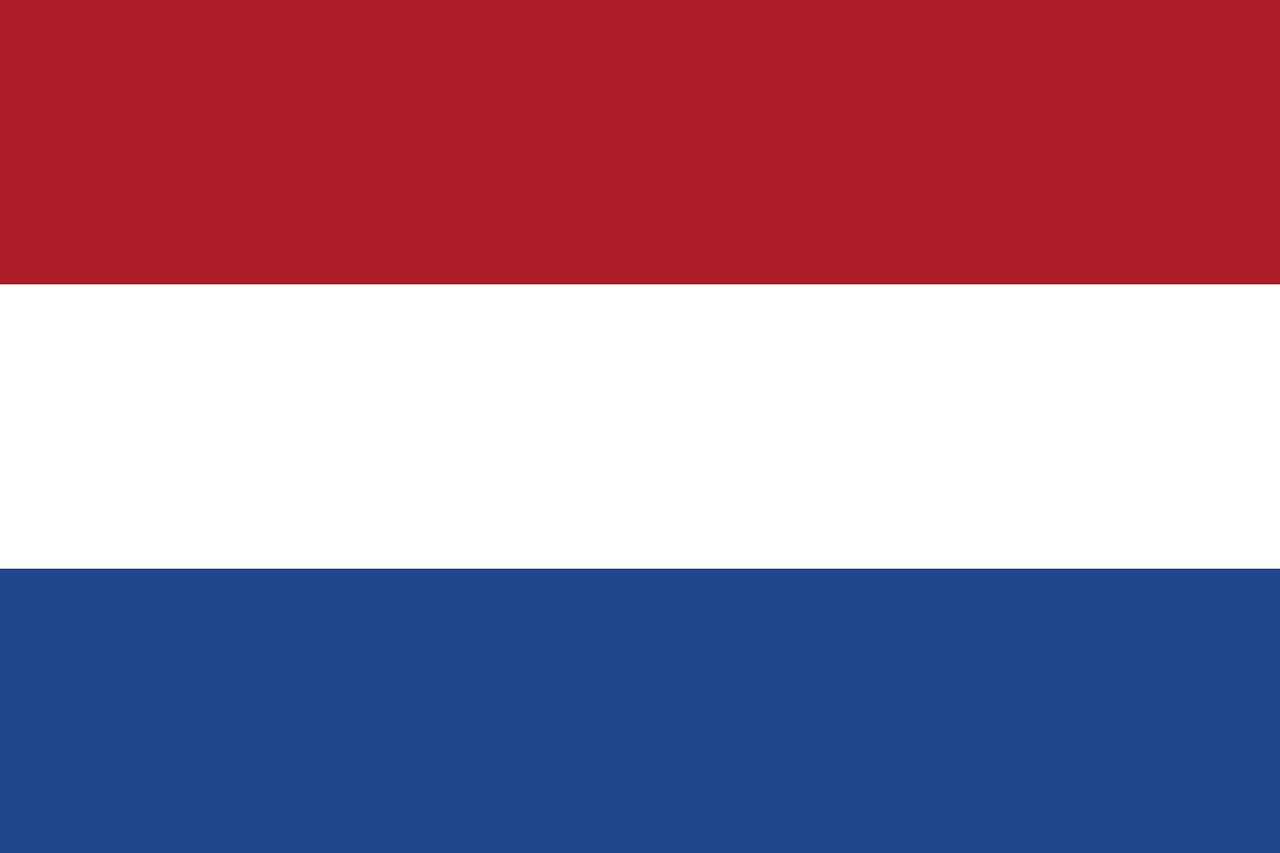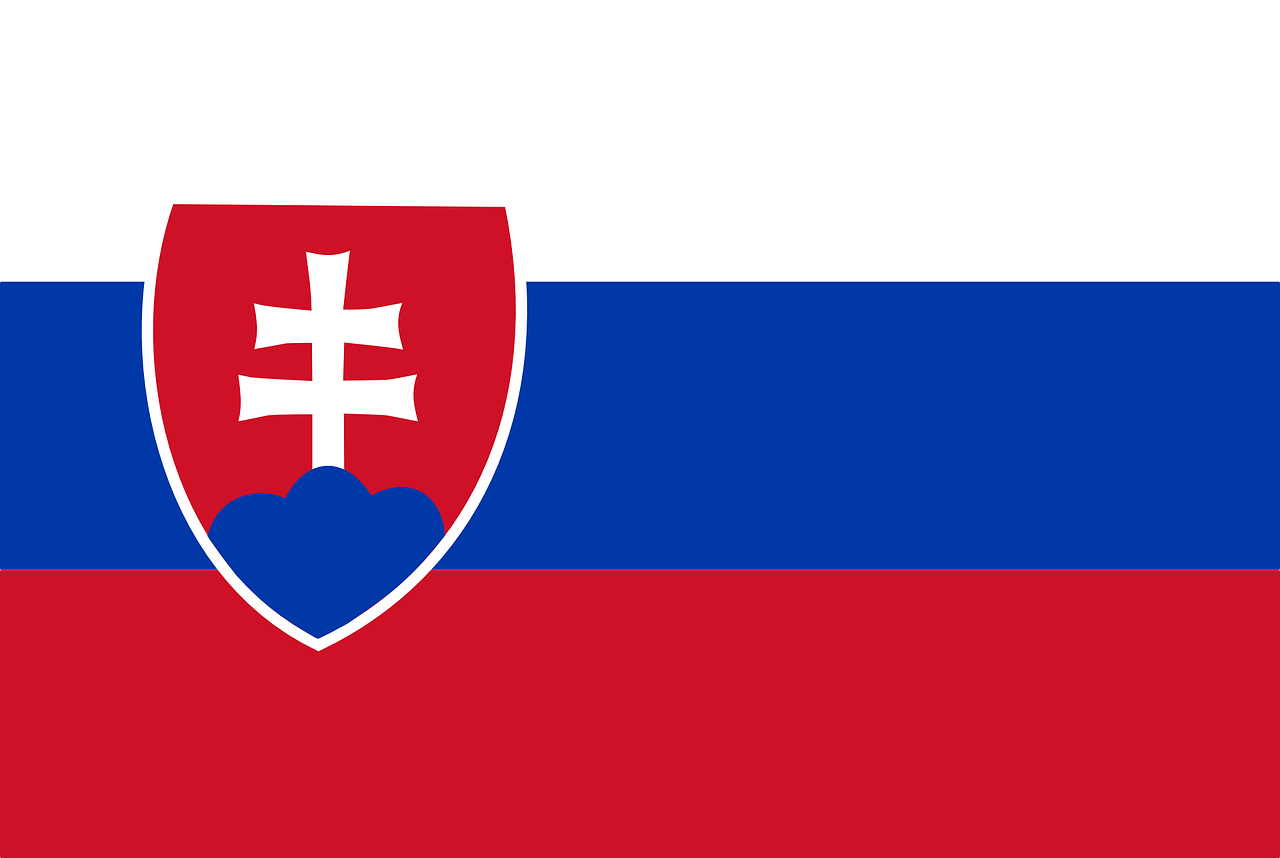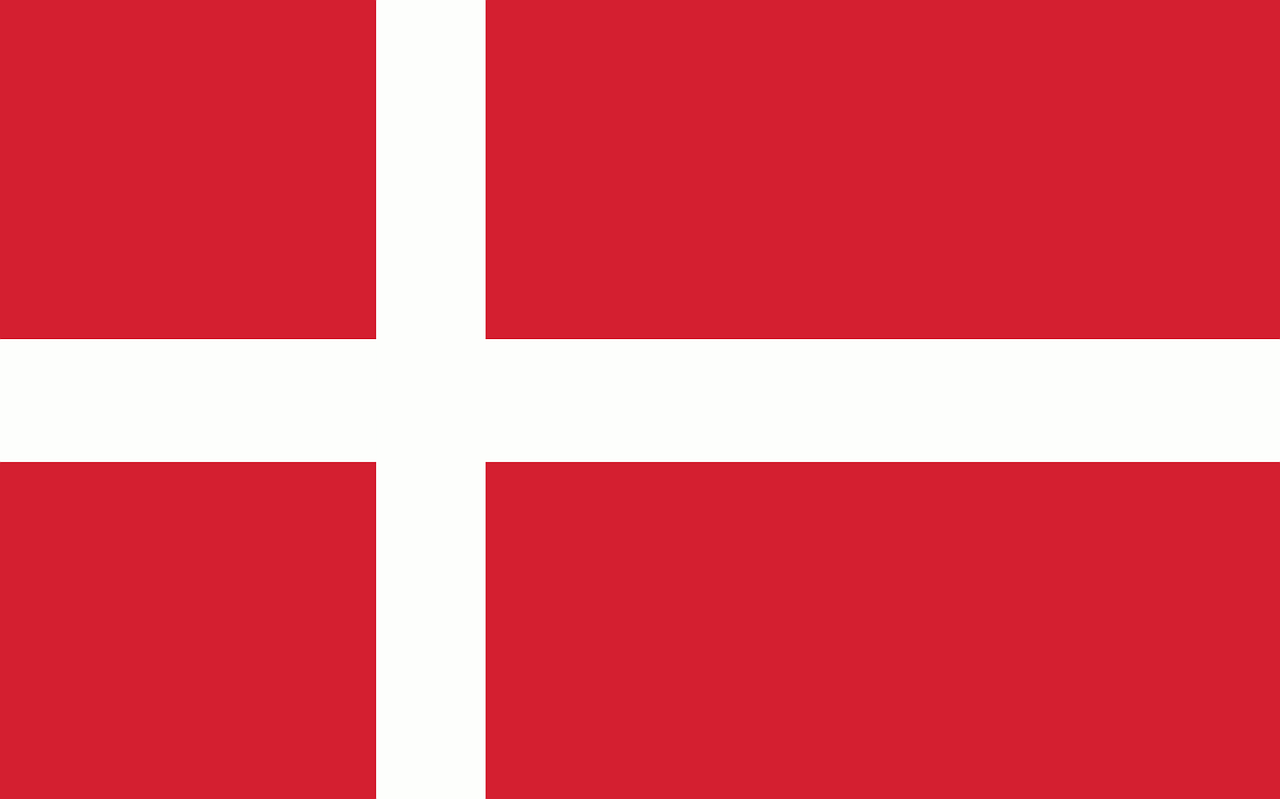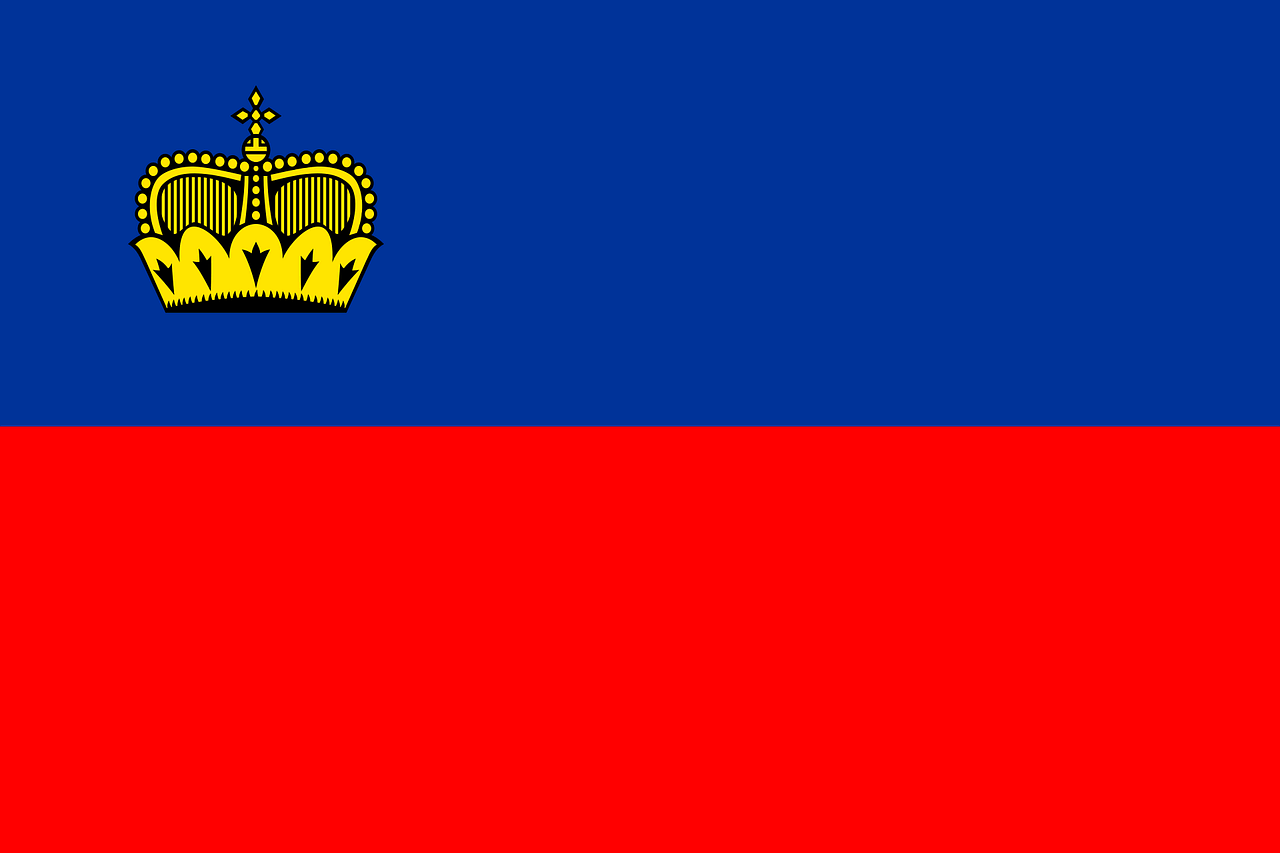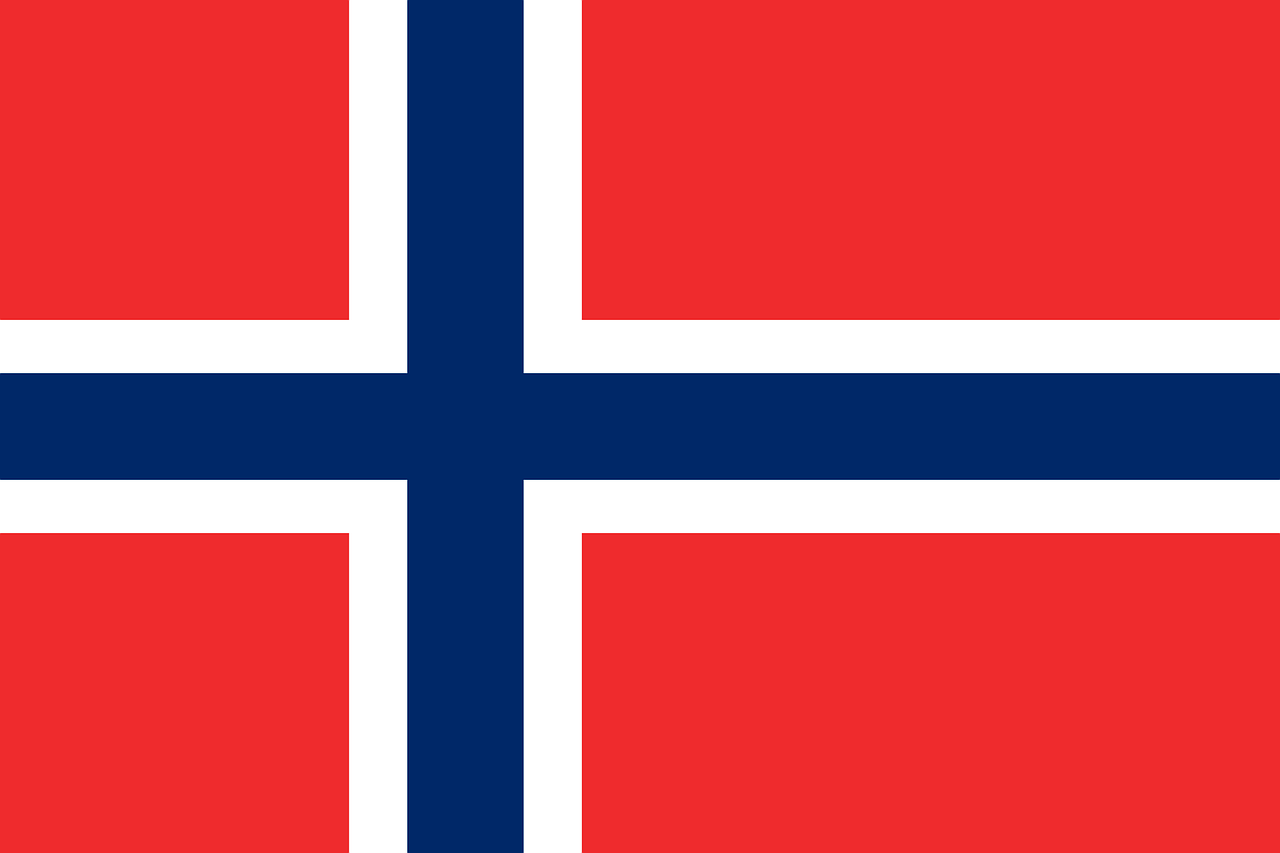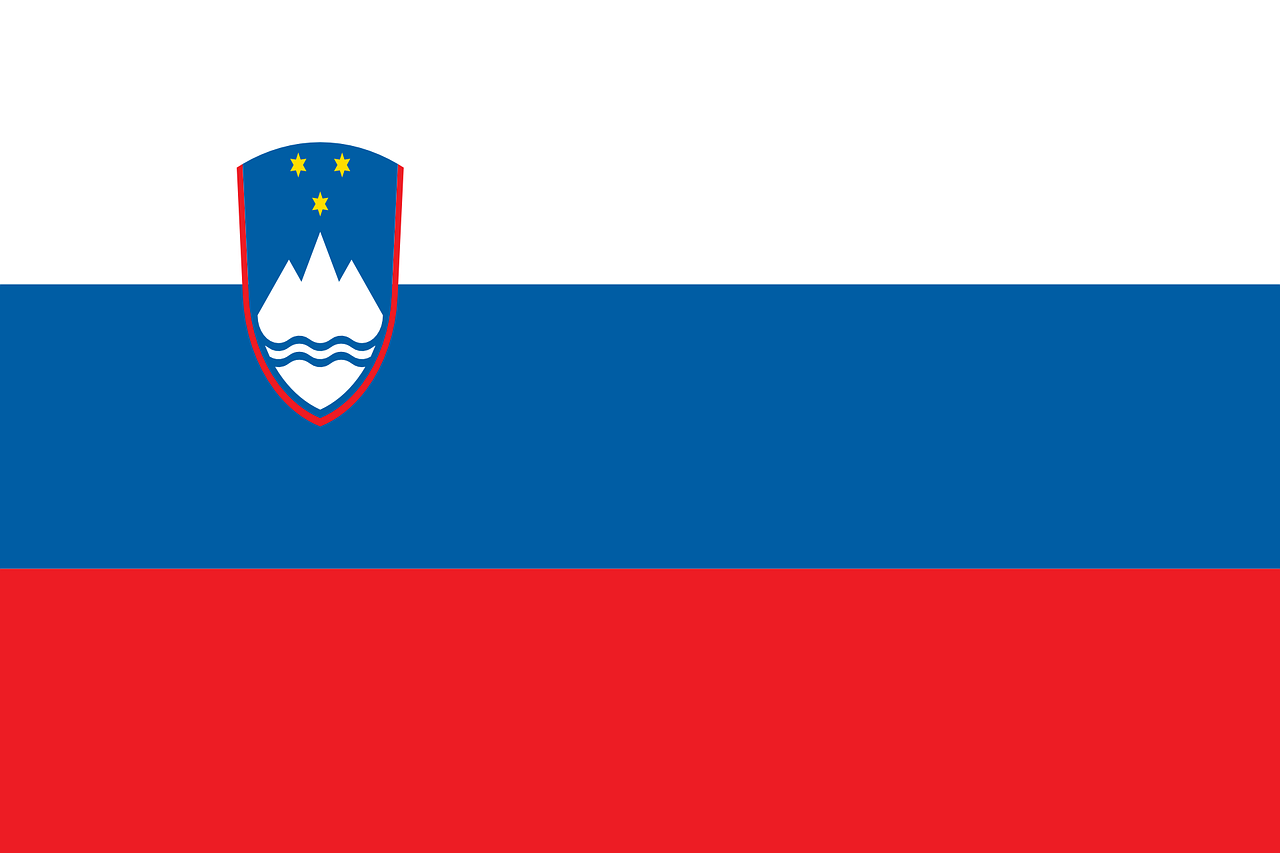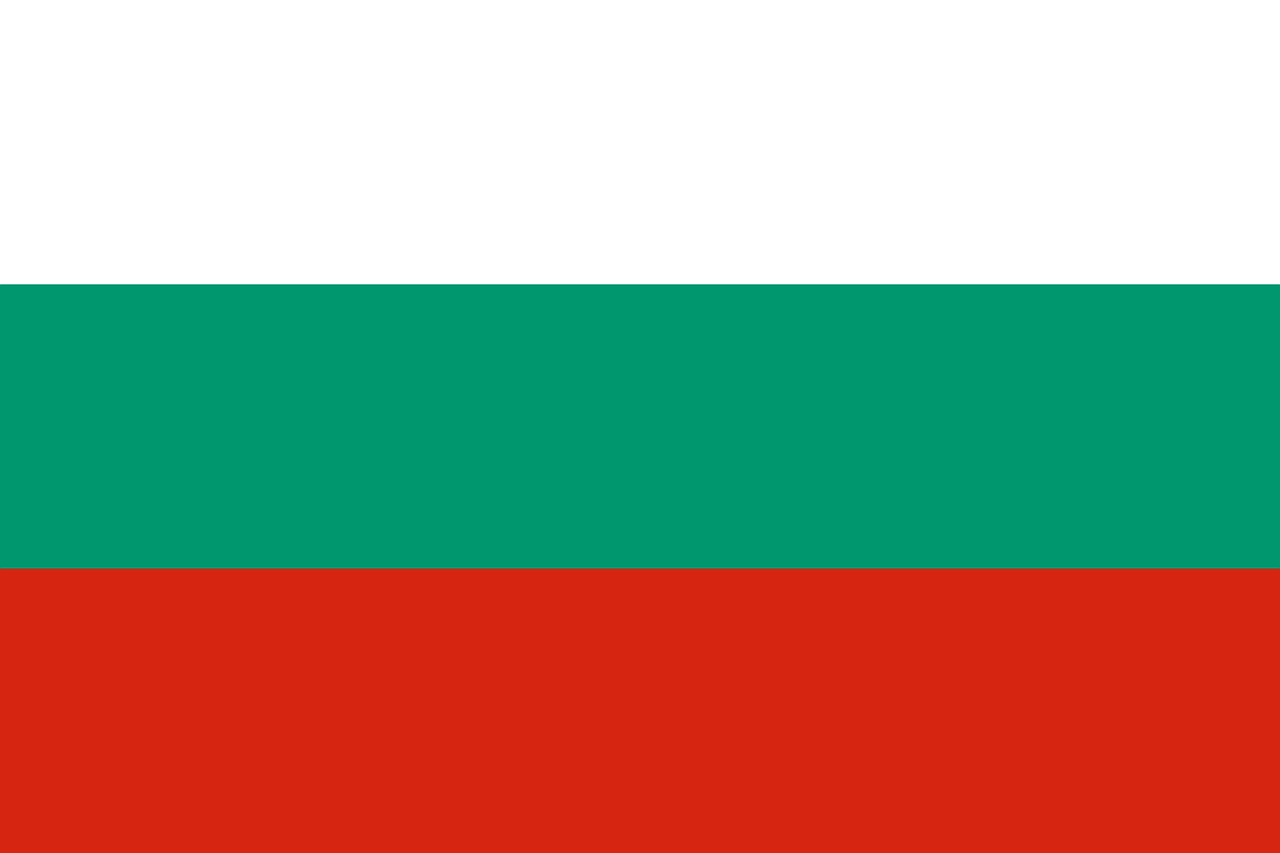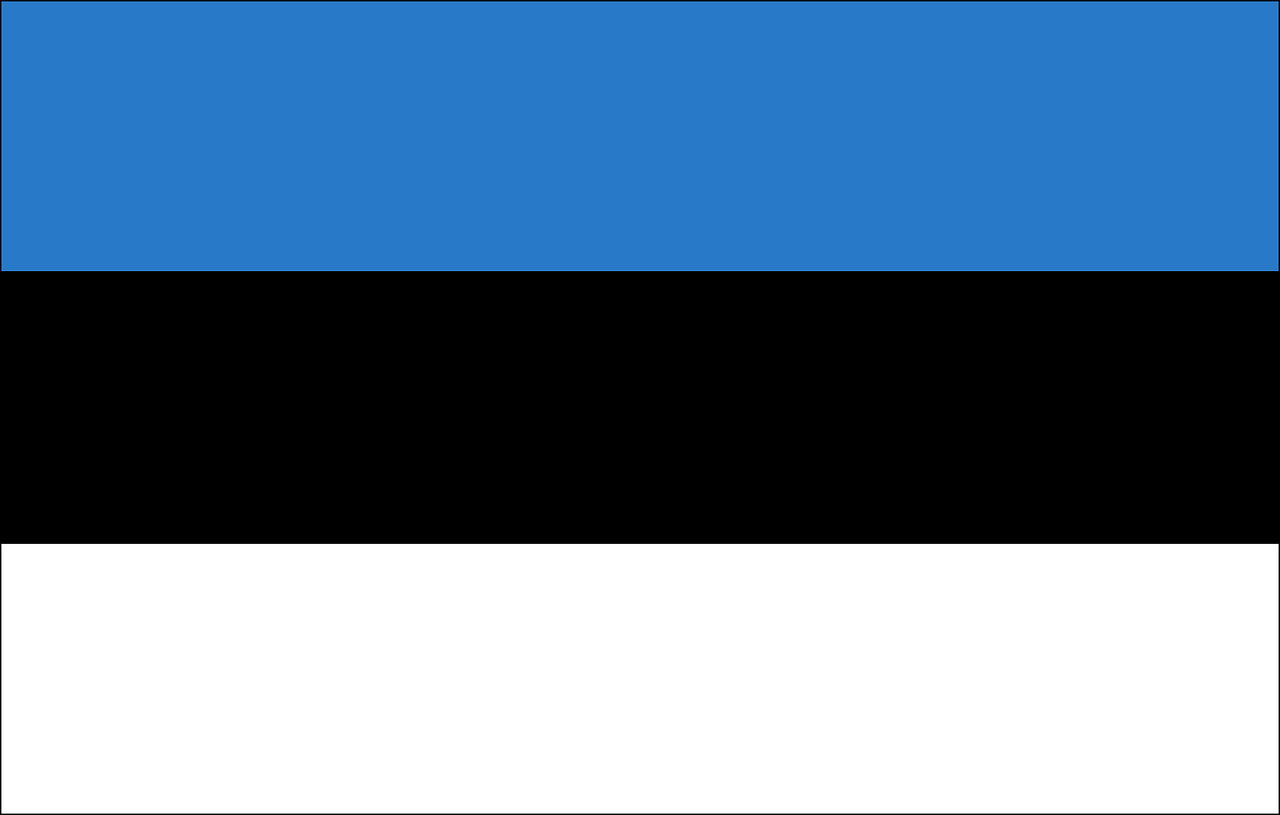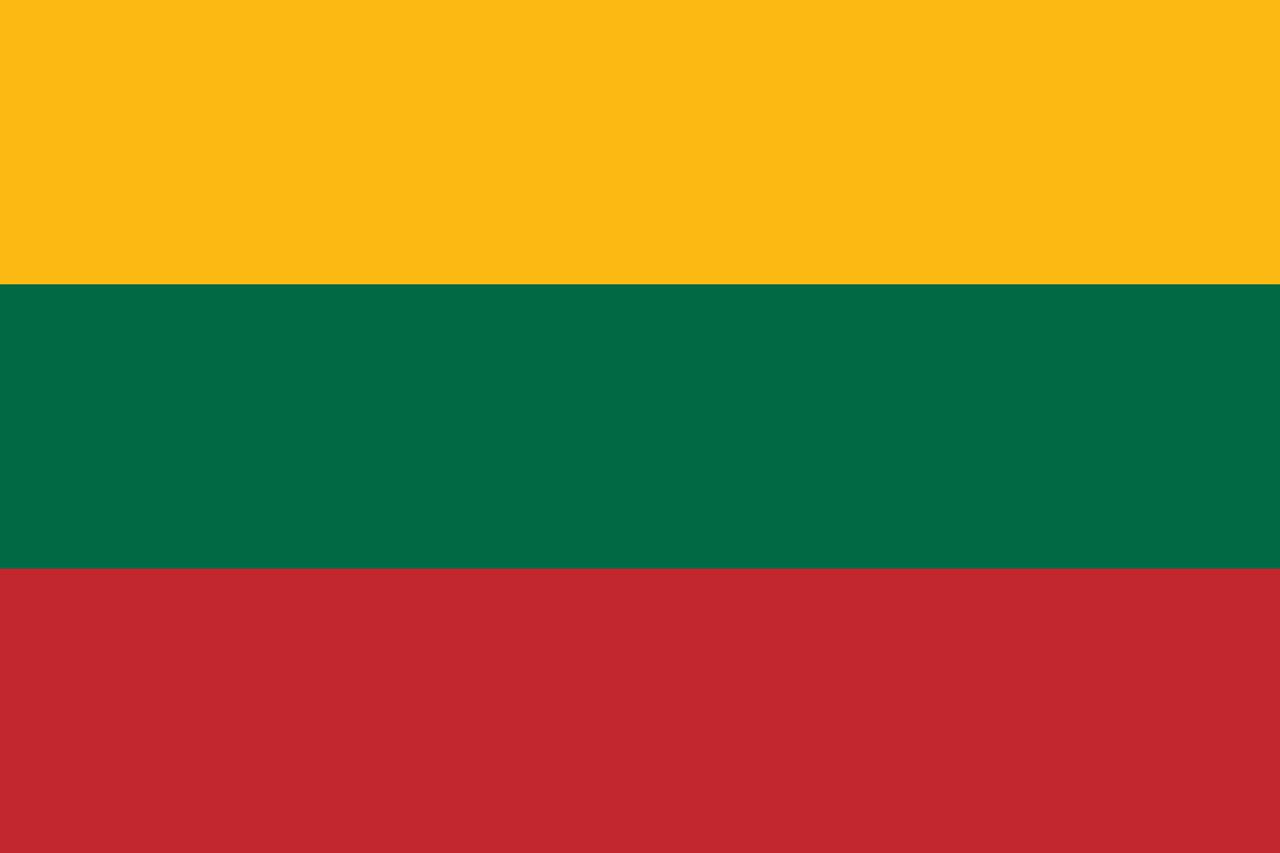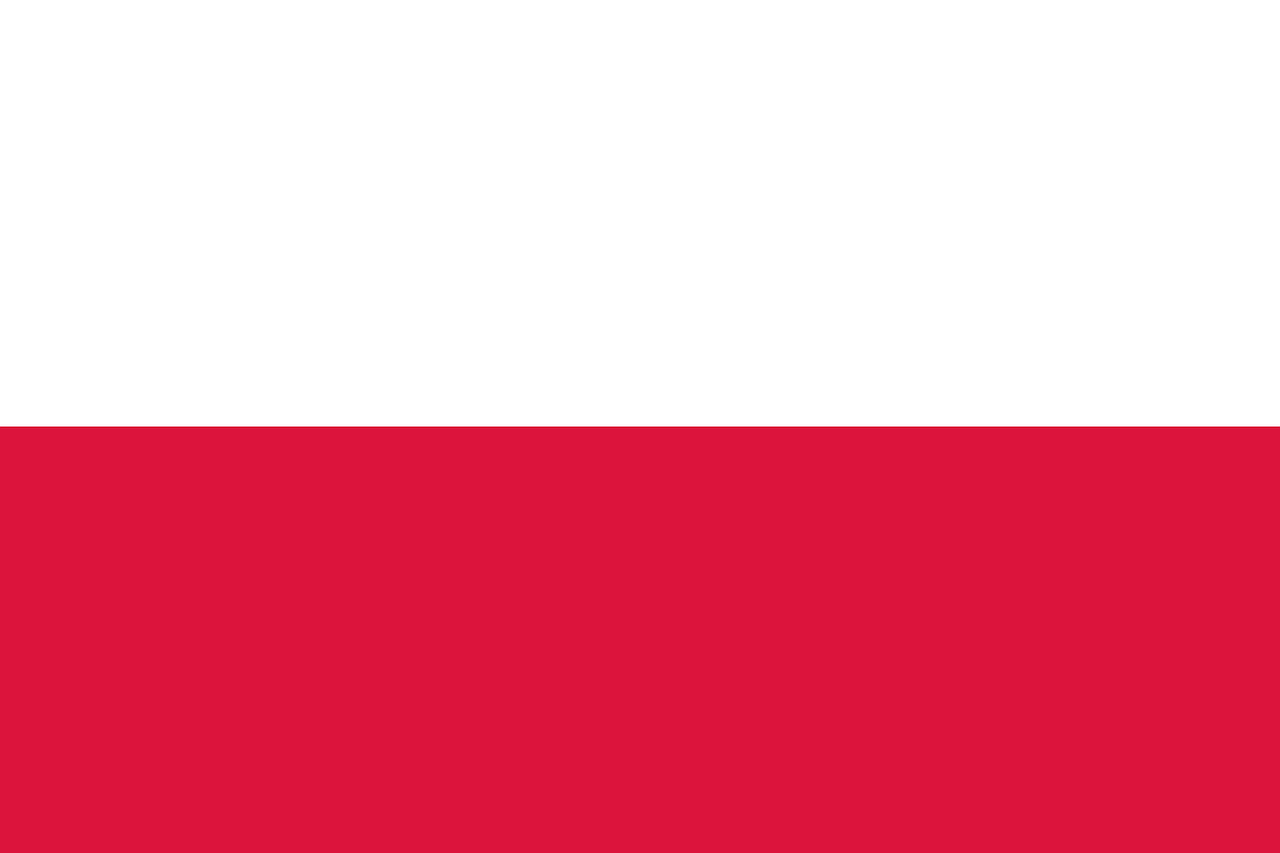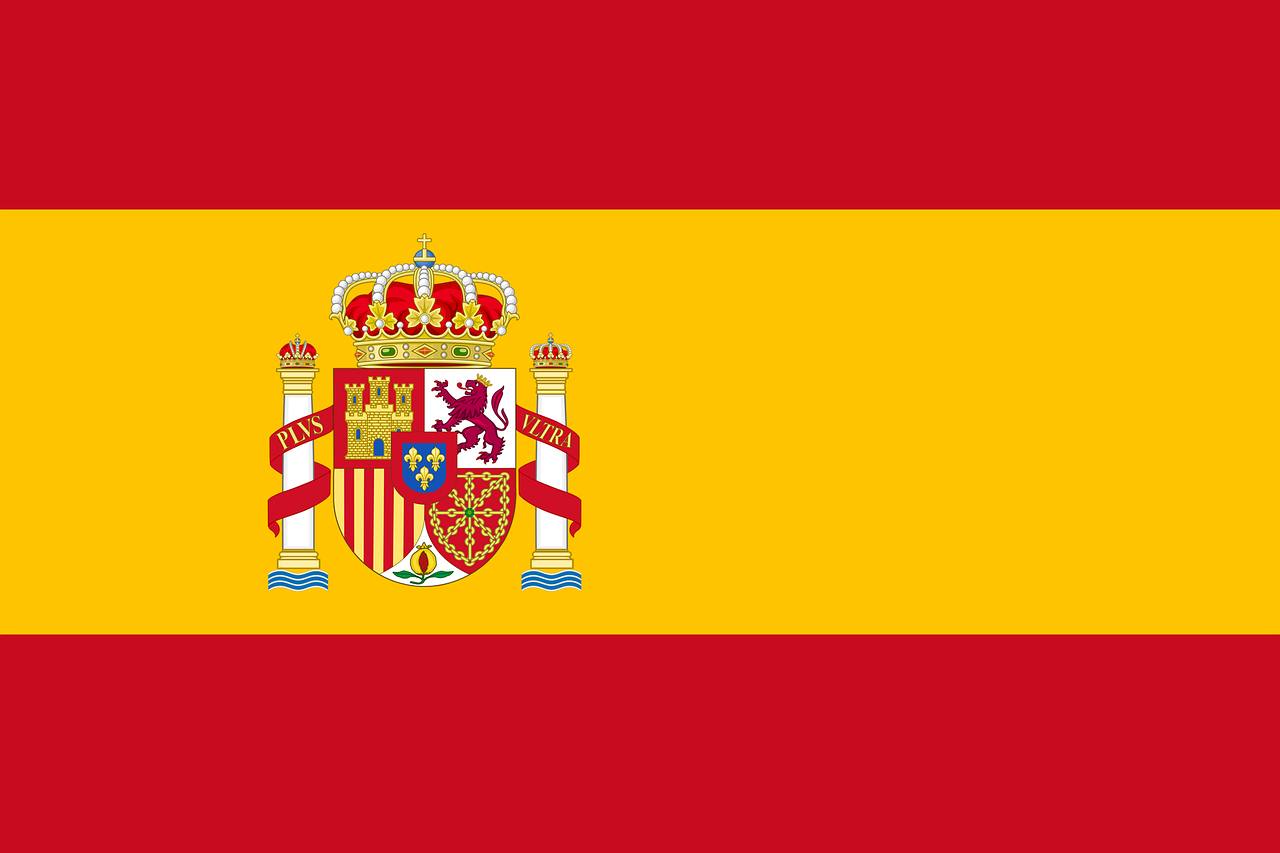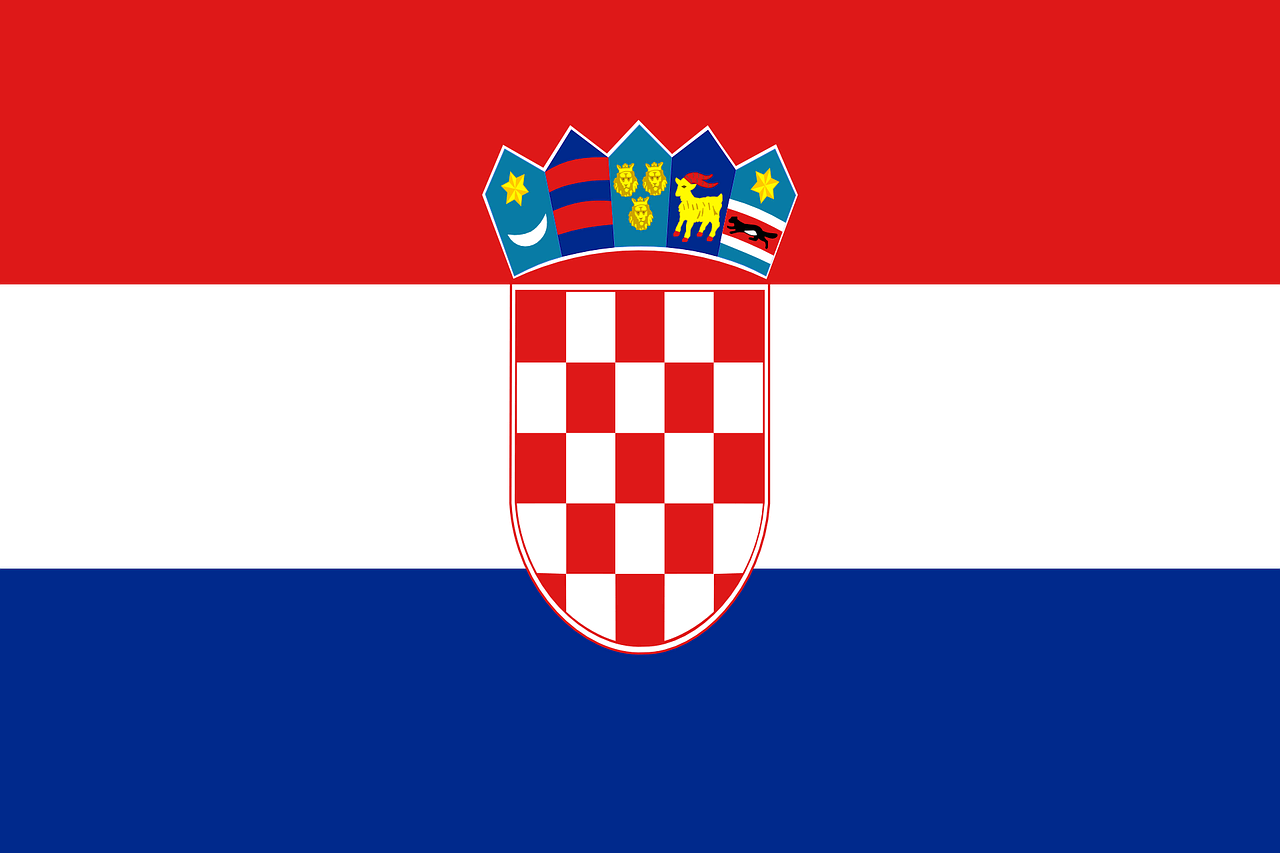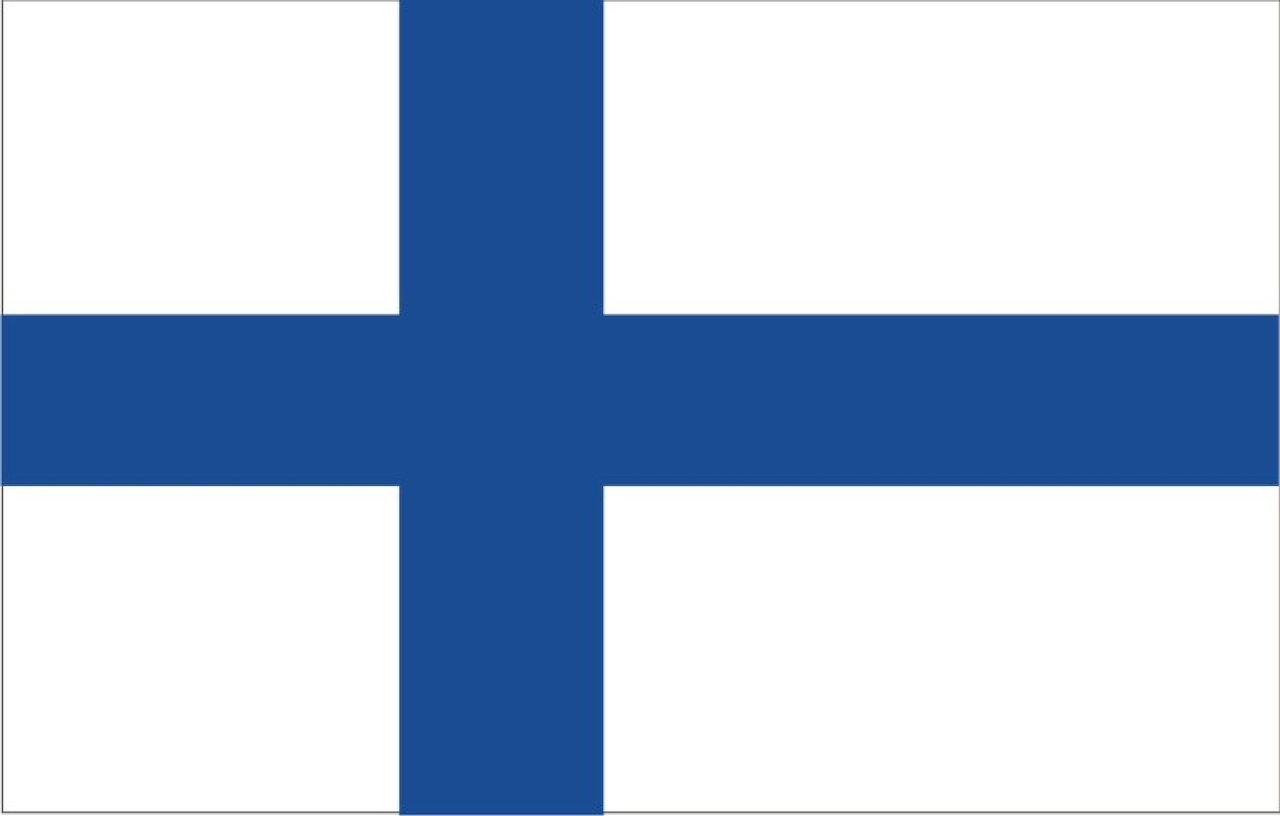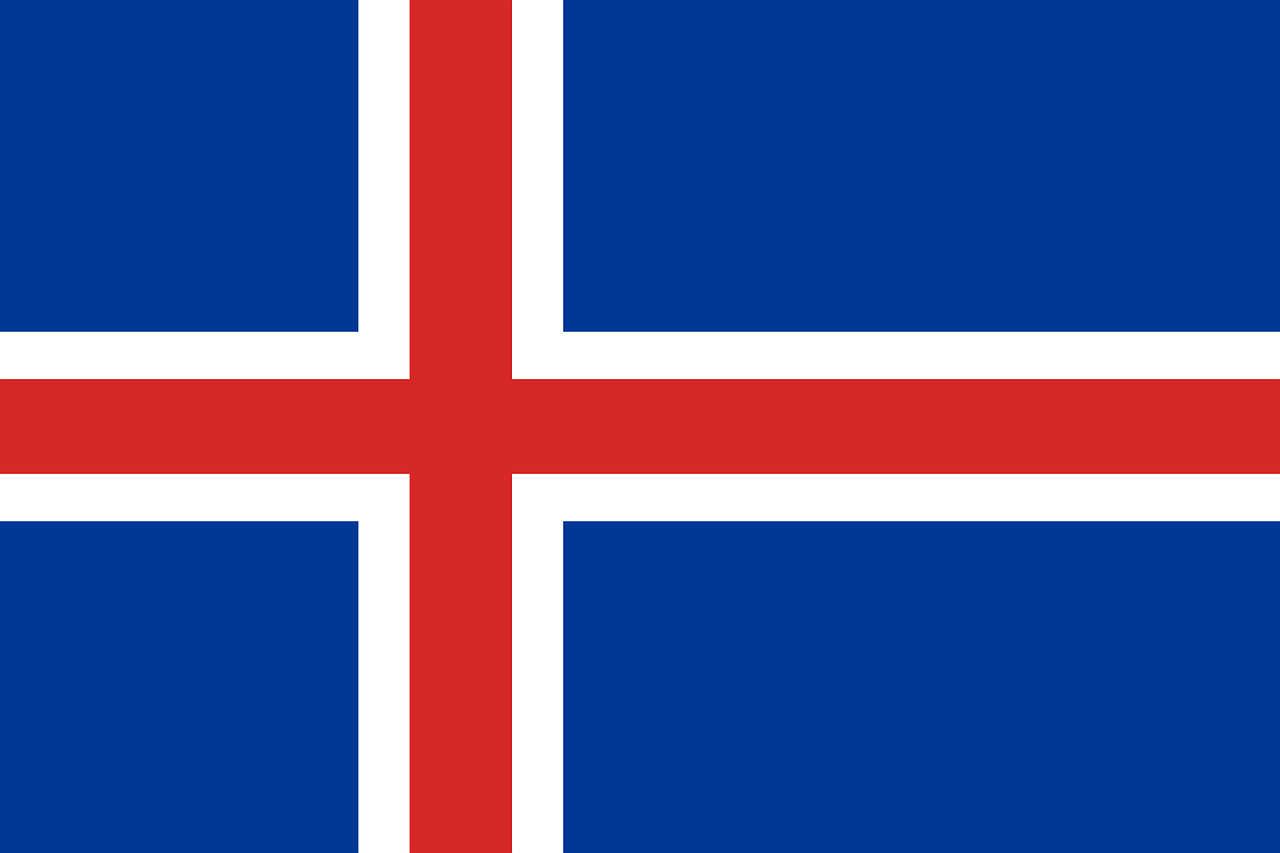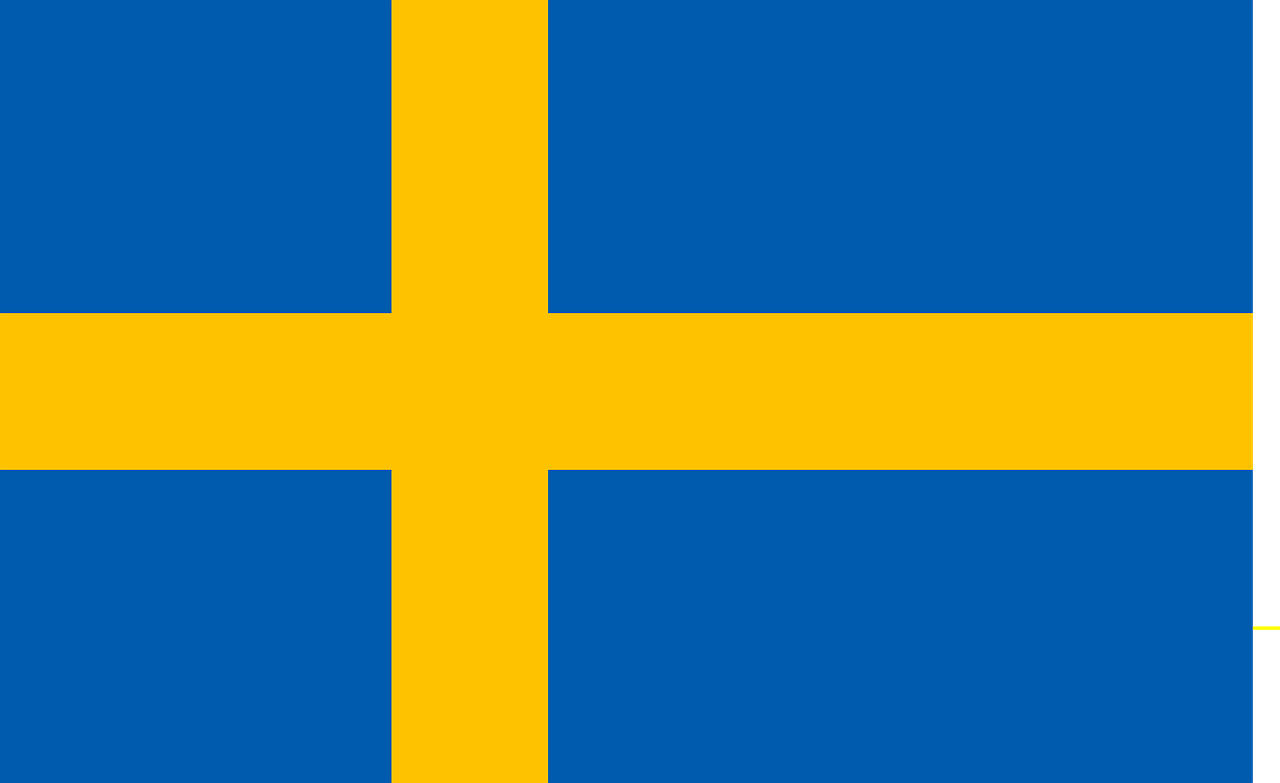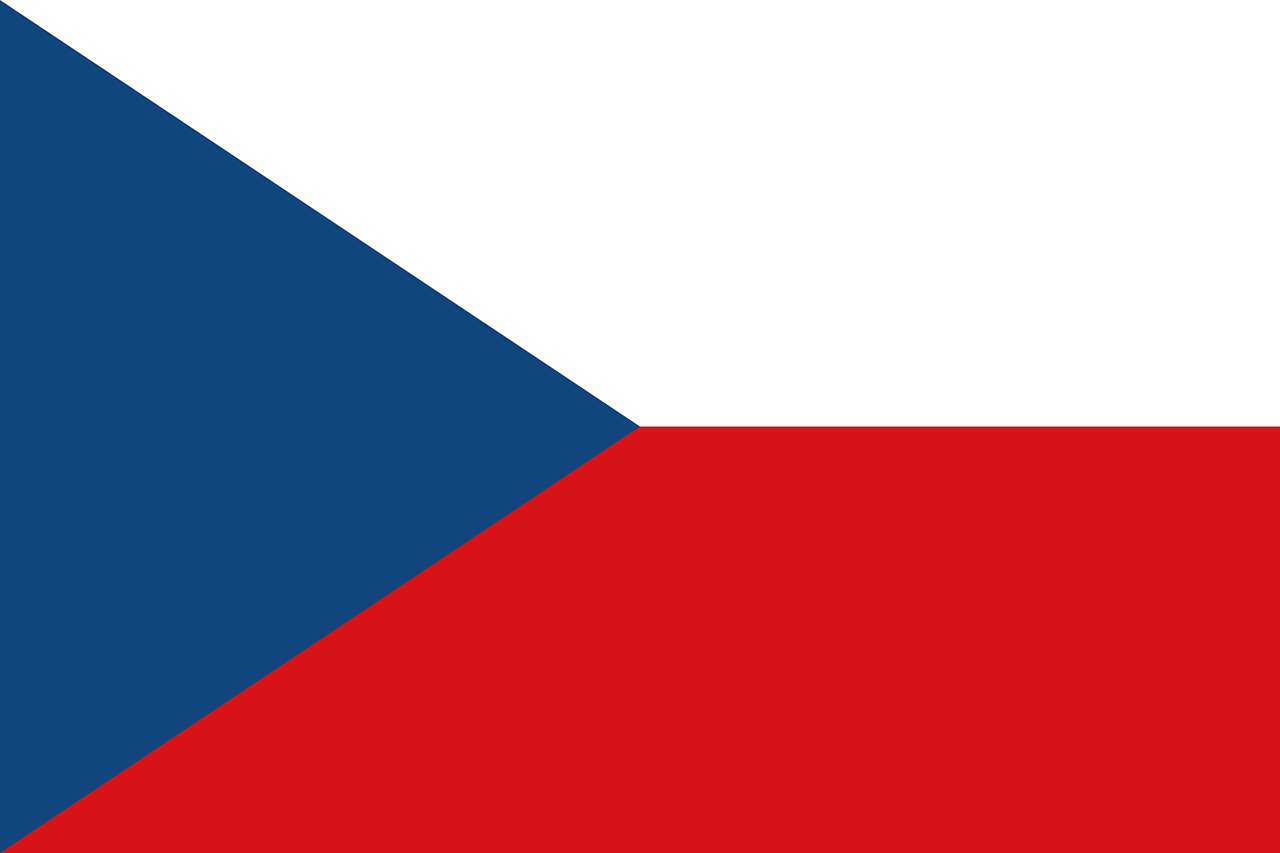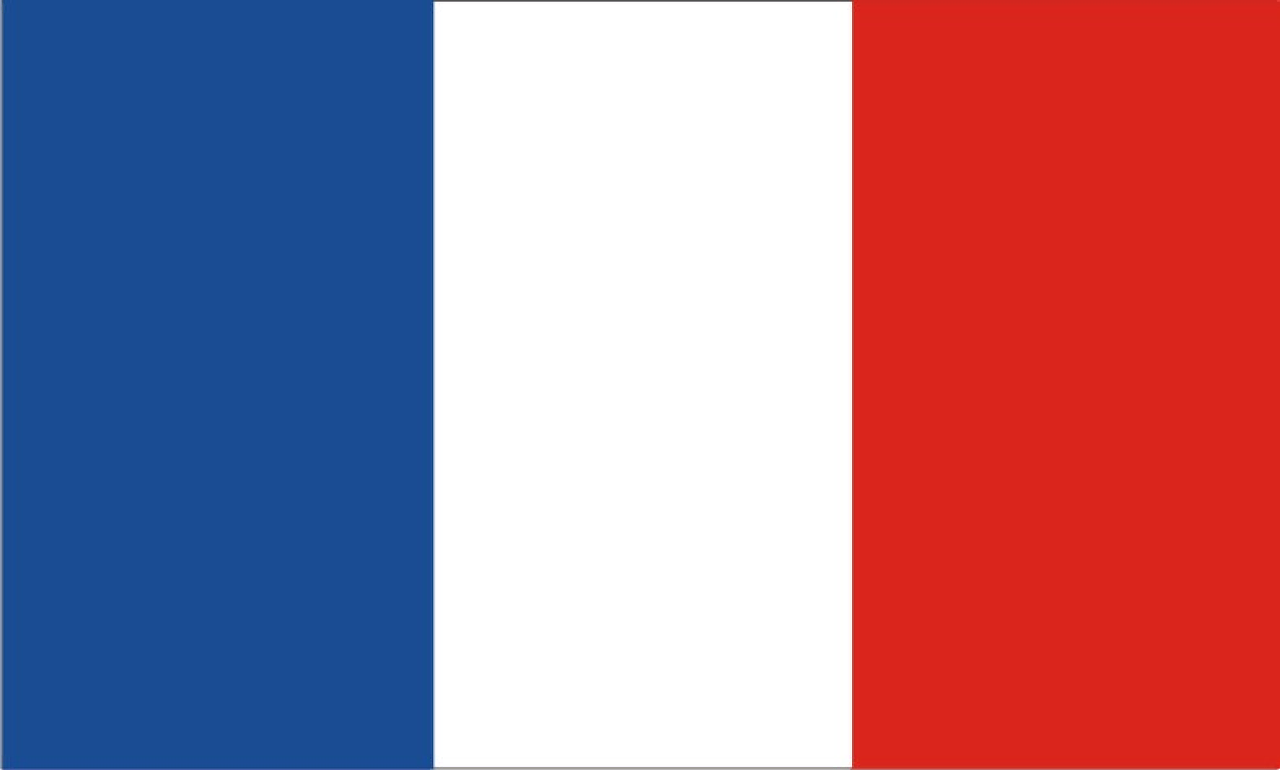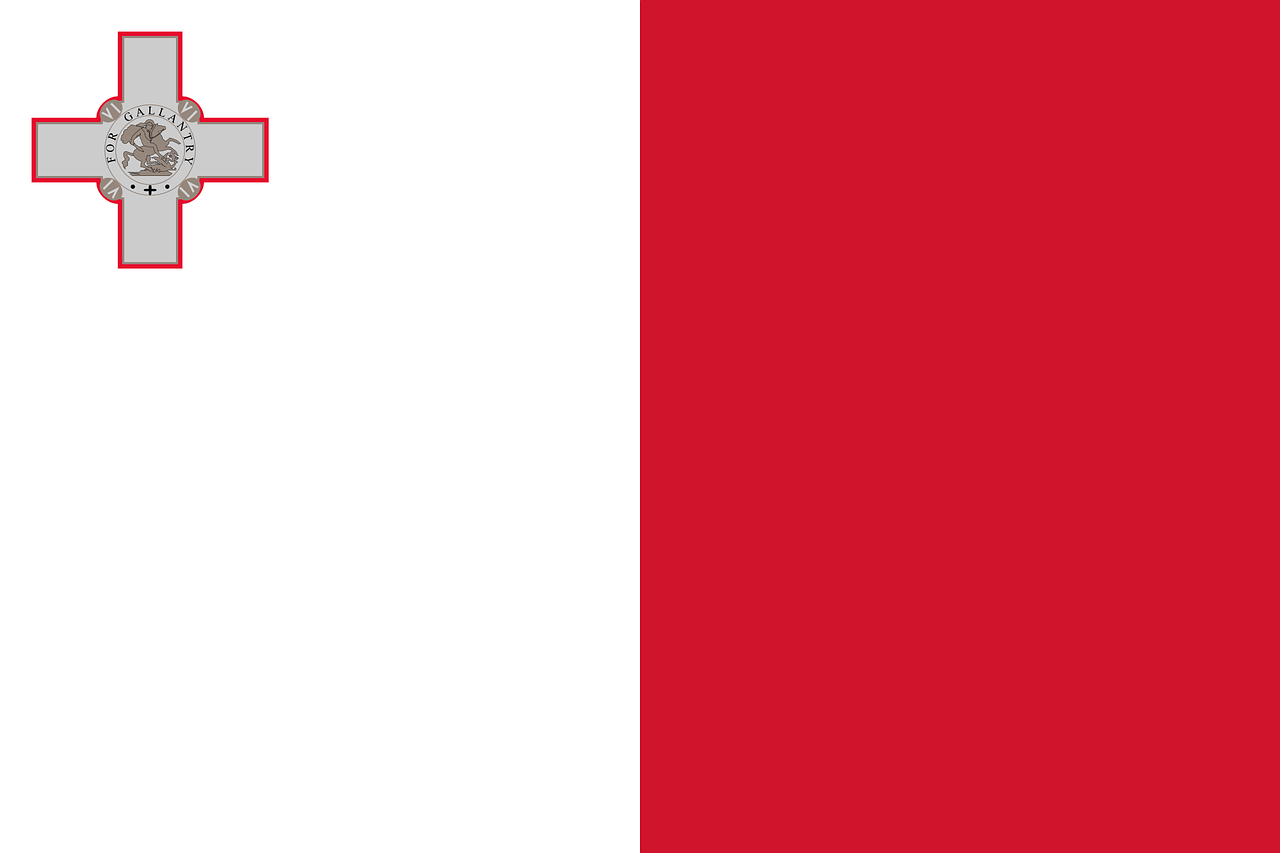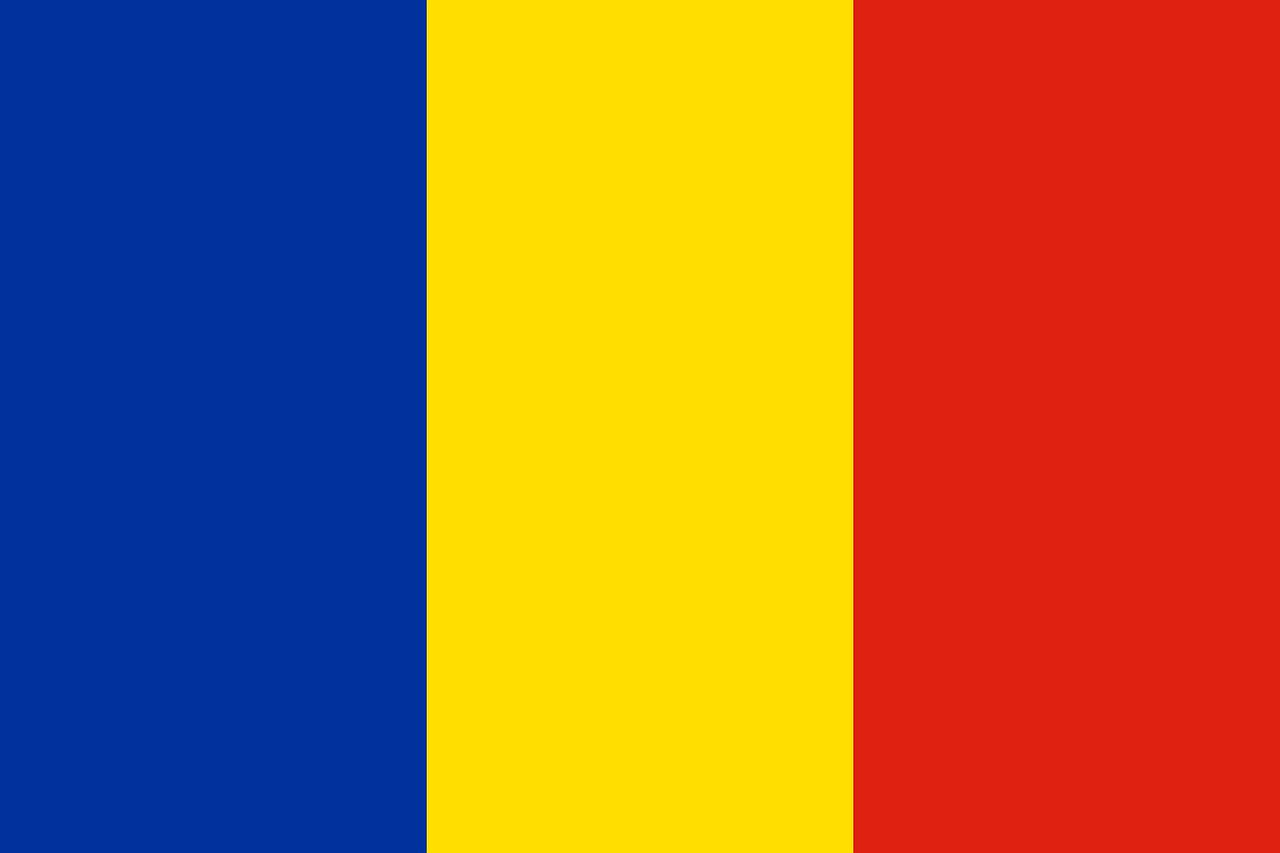Best Countries to
Study in
Europe


Best Countries to
Study in Europe
Best Countries to
Study in Europe
Top Study Destinations
for International
Students
Europe is home to some of the world's best universities, making it a prime destination for students seeking quality education and cultural diversity. Whether you're looking for affordable tuition, high academic standards, or a student-friendly environment, Europe has plenty to offer. This guide explores the best countries to study in Europe, highlighting the top universities, cost-effective options, and student-friendly destinations.
Why Study in
Europe?
Europe offers a world-class education system, with numerous top-ranked institutions, affordable tuition fees, and diverse cultural experiences. Whether you aim to study at a prestigious university or find an economical study option, Europe provides the flexibility and quality you need.
Key benefits of studying in Europe:
World-Class Education – Home to some of the best universities in Europe by country.
Affordability – Discover the cheapest countries in Europe for international students to study.
Multicultural Exposure – Experience diverse cultures, languages, and traditions.
Career Opportunities – Access internships and job prospects across Europe post-graduation.

Top and affordable Europen universities for international students
Europe is rich in educational opportunities, and some nations stand out for their academic excellence,
affordability, and student-friendly policies. Below are some of the top study-abroad destinations in Europe:
-
Germany – A Hub for Higher Education
Germany is one of the best European countries for studying abroad, and it is known for its tuition-free education at public universities.
- Why Study Here? High academic standards, tuition-free education for EU and non-EU students, and strong job prospects.
- Top Universities: Ludwig Maximilian University of Munich, Heidelberg University, Technical University of Munich.
-
France – A Blend of Culture and Academia
France is a top-ranked country for international students in Europe, offering prestigious institutions and affordable education.
- Why Study Here? Low tuition fees, globally recognized degrees, and a vibrant student life.
- Top Universities: Sorbonne University, École Normale Supérieure, University of Paris.
-
Netherlands – A Leader in English-Taught Programs
The Netherlands is one of the best study destinations in Europe, known for its high-quality education and research opportunities.
- Why Study Here? Many English-taught courses, innovative teaching methods, and a welcoming international student community.
- Top Universities: University of Amsterdam, Delft University of Technology, Leiden University.
-
Sweden – A Student-Friendly Country
Sweden is among the top student-friendly countries in Europe, offering a research-oriented education system and sustainability-driven programs.
- Why Study Here? Strong emphasis on creativity, sustainability, and free tuition for EU/EEA students.
- Top Universities: Uppsala University, Lund University, KTH Royal Institute of Technology.
-
Italy – A Historic and Academic Excellence
Italy is a top higher education destination, renowned for its rich history and outstanding universities.
- Why Study Here? Affordable tuition, historical cities, and excellent arts and humanities programs.
- Top Universities: University of Bologna, Sapienza University of Rome, Politecnico di Milano..
-
Spain – A Vibrant and Affordable Study Destination
Spain is among the most affordable European countries for international students, offering a warm climate and rich cultural experience.
- Why Study Here? Low living costs, reputable universities, and a vibrant social scene.
- Top Universities: University of Barcelona, Autonomous University of Madrid, Pompeu Fabra University.
-
Finland – Innovation and Research Excellence
Finland ranks among the best EU countries for international students, with strong research programs and high-quality education.
- Why Study Here? Innovative teaching methods, high global rankings, and free tuition for EU students.
- Top Universities: University of Helsinki, Aalto University, Tampere University.

European countries with budget-friendly university studies
If you’re looking for budget-friendly options, consider these countries where education costs are lower compared to other parts of Europe:
- Germany Public universities offer free tuition. International students need a blocked account with a minimum amount of money to meet their living expenses in Germany. All the countries listed below offer low-cost education, low-cost accommodation, and affordable language costs. No block must be shown while applying for a visa. However, students must have funds equal to 8000 EUR minimum in their or their parent's bank account in their home country!
- Poland Low tuition fees and affordable living costs.
- Hungary Home to quality medical and engineering programs at reasonable costs.
- Portugal Offers affordable tuition and living expenses.
- Czech Republic Free education in Czech-language programs and low fees for English programs.
- Latvia Affordable tuition and a growing number of international programs.
- Lithuania Low tuition fees, especially in technology and business studies.
- Estonia Emerging as a top tech hub with budget-friendly education.
- Romania Known for cost-effective medical and engineering courses.
- Bulgaria Offers low tuition fees and an affordable cost of living.
Frequently Asked Questions (FAQs)

Germany is one of the most affordable options, offering free public university tuition for EU and non-EU students.
The Netherlands, Germany, and Sweden are highly ranked due to their student-friendly policies, English-taught programs, and excellent academic standards.
Many European universities offer scholarships based on merit, financial need, or specific study programs: research university websites and government scholarships in your chosen country.
Germany and France have some of the best-ranked universities in the world.
The Netherlands, Sweden, Finland, and Germany offer many English-taught courses, making them ideal for international students.
Navigating Visa Processes with
Ease to Study IN Europe
The visa application process is often seen as one of the most challenging aspects of preparing to study abroad. KCR CONSULTANTS’
expertise in this area ensures that you can navigate these processes with ease:

Comprehensive
Visa Support
KCR CONSULTANTS stays updated on the latest visa requirements and processes for different European countries. They provide extensive support, ensuring you have all the necessary documents and meet all the requirements for a successful visa application.

Simplifying
Complex Processes
Visa applications can be complex and time-consuming. KCR CONSULTANTS streamline these processes for you, providing clear instructions and assistance at every step, from completing forms correctly to preparing for the visa interview.

Avoiding
Common Pitfalls
Mistakes in the visa application process can lead to delays or denials. KCR CONSULTANTS' expertise helps avoid common pitfalls, ensuring a smoother experience

Choosing KCR
CONSULTANTS
Your partner in your journey to study in Europe means you're not just getting guidance; you're gaining a dedicated team committed to your success. From the initial stages of selecting the right university to the moment you land in Europe, KCR Consultants are with you every step of the way, making your dream of studying in Europe a reality.
Conclusion: Find Your Ideal Study Destination in Europe
Europe offers endless possibilities for international students, from affordable European countries for international students to top higher education destinations. Whether you prioritize tuition-free education, vibrant student life, or high academic rankings, there is a perfect European country for your studies.
While the specifics can vary by country, here’s a general guide to navigating the process

